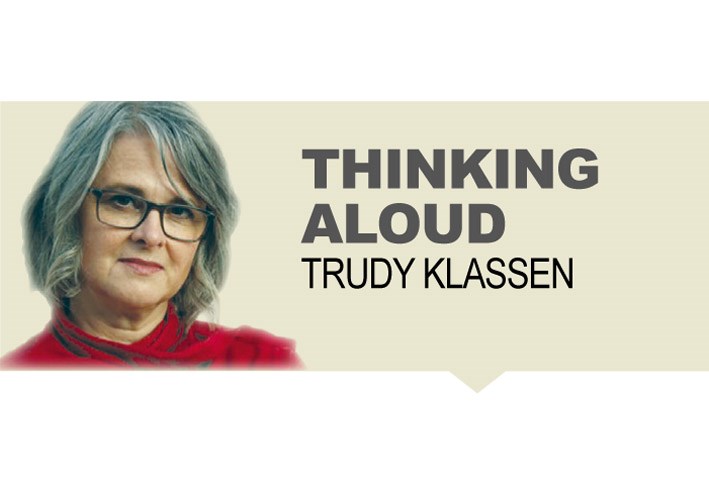In the TV series Downton Abbey, Countess Violet, when faced with change, didn’t react as expected. She did not dig in her heels to demand time, technology, and habits stand still. When change was unavoidable, for survival or to keep the family together, she said: “The aristocracy did not survive through its intransigence (unwillingness to change).”
Someone needs to forward this good advice to the British Royal Family and their courtiers. They have allowed a manageable issue, which could have been solved by modernizing, to spiral out of control.
Some will respond that hereditary monarchies are archaic and serve no purpose in the modern world.
How, then, do you explain the political success of the Kennedys, Bushes, and Trudeaus? The only thing that has kept the Kennedys from being America’s ruling family is their habit of dying at a young age. What else than the desire for a dynasty can account for the election of George W. Bush? Hillary Clinton’s nomination? Even Biden could be considered a continuation of Obama’s presidency. There are calls for Michelle Obama to run for President in 2024.
Here in Canada, what else but the desire for a family dynasty gave us a prime minister whose resume is thinner than mine?
How? Very simply, a monarchy serves as a collective basket of the history of the people. The good, the bad, the ugly. But it must change with the times or it is not only ancient, but also becomes obsolete, and replaced with a similar, but new, institution. Can the British Monarchy avoid extinction?
The Queen has shown an ability to do things differently. Her coronation was the first one televised. Colonies around the world, Canada among them, brought home their Constitutions, but kept the Crown as head of state. When Princess Diana died, and the Queen’s subjects demanded she be present to share their grief, she eventually showed up.
Leaving aside the issues of mental health and racism (while acknowledging them as key to why they felt they needed to leave), when the Duke and Duchess of Sussex initially announced their desire to reflect on their role, they hoped to work as part-time royals. They wanted to stay. A way could have, should have, been found to keep them in the fold. They would have learned to channel their political views into respectable advocacy. Much pain would have been prevented and much good could have happened.
The Queen has given Prince Charles more duties and he is on record as wanting to modernize and slim down the monarchy. He had an opportunity to begin with Harry and Meghan. Harry had real-life experience of serving twice in Afghanistan, which gave him a different, more activist, perspective. Meghan was an outsider who had built her own successful career and was a humanitarian in her own right. They could have been the “modern” aspect of a traditional organization.
Within the confines of a modernized institution, they could have been effective ambassadors rather than the destroyers of it. By not properly valuing and utilizing what was thrown in his lap, Prince Charles failed a major test.
At the end of the day, we, and our friends in the Commonwealth, will have a ceremonial, representative leader of some kind. I would prefer an ancient, but modernized monarchy fill that role, rather than having those we elect to govern fill that role. Yes, there would be adjustments, problems, false steps, and snafus as they modernise. But, as the TV countess would say: “All life is a series of problems, which we must try to solve.”
I remain hopeful for a reconciliation. God bless the Duke and Duchess of Sussex. God save the Queen.



